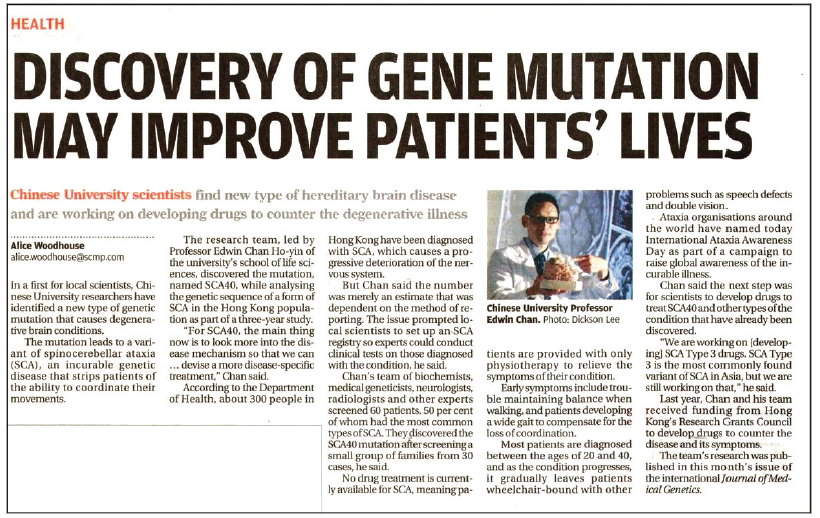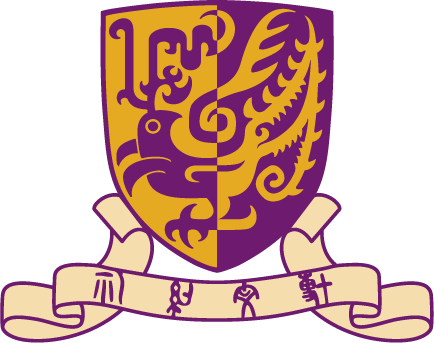Cerebellum is a region of the brain concerned primarily with the maintenance of posture and balance and the coordination of movement. Disease or damage to it can result in abnormalities of motor control. The culprit is exceptionally elusive if it runs in the family of the sufferer. That is why Spinocerebellar Ataxia, or SCAs, the group of rare genetic diseases that causes progressive deterioration of the nervous system, particularly the cerebellum, is at present considered incurable. SCA patients gradually lose the fine motor functions of their bodies. Although their minds are fully clear and active, they often have blurred speech and vision.
Our research team has unveiled that, among the 40 odd subtypes of Spinocerebellar Ataxia (SCAs), one group known as polyglutamine (polyQ) is the result of cell death in the neurons of the brain that disrupts the function of the cerebellum. Having identified the pathogenic process termed nucleolar stress, we managed to identify a peptide out of a family of six to act as a decoy for the toxic RNA to prey on, thus relieving the nucleolin to function normally. Collaborating with scientists in different countries, we developed a novel drug called P3 peptide inhibitor that could pass through the blood-brain barrier. This peptide inhibitor drug is a promise of help for patients suffering from polyQ and a number of fatal, inherited neurodegenerative diseases such as Huntington's disease. It also carries the potential to be developed to treat others not so rare neurodegenerative diseases. Most importantly, peptide drugs are desirable for treating brain diseases because of its low toxicity. Well known for its specificity and can reach target cells precisely, they are also very potent so that the amount to be administered could be concise. So far P3 has already come to its 31st version, after the concerted efforts in Denmark and France.
 |
 |



